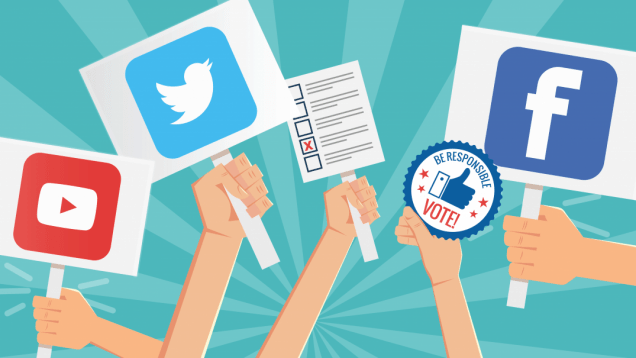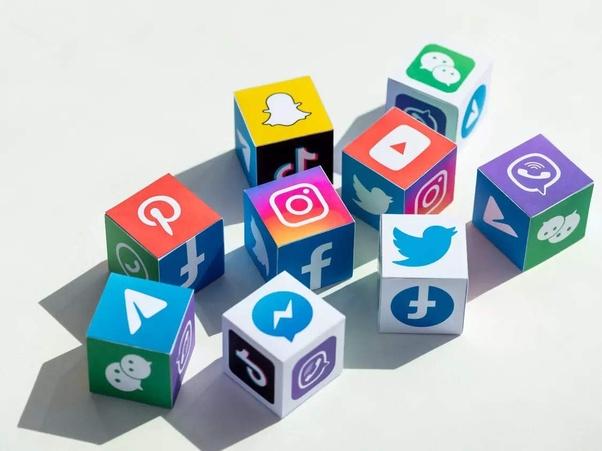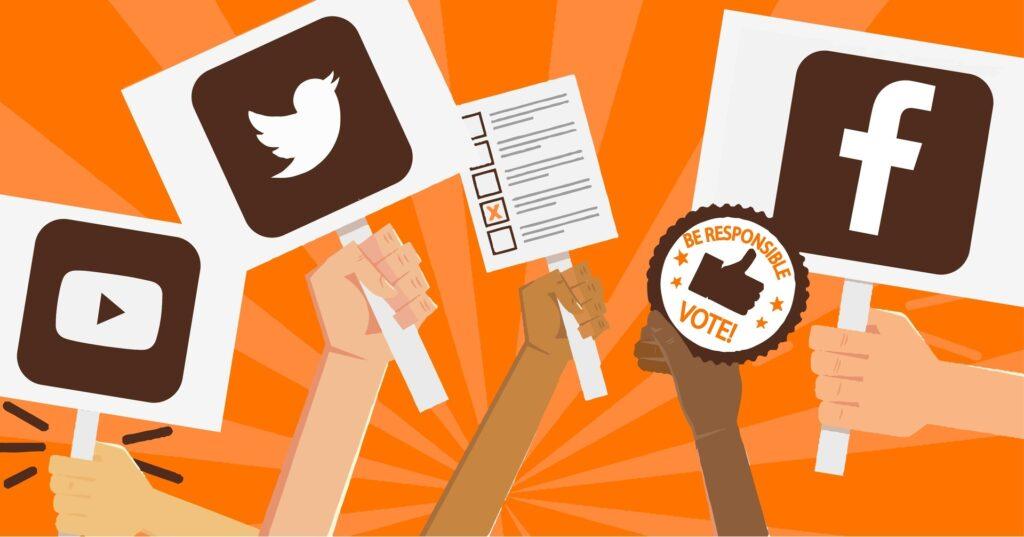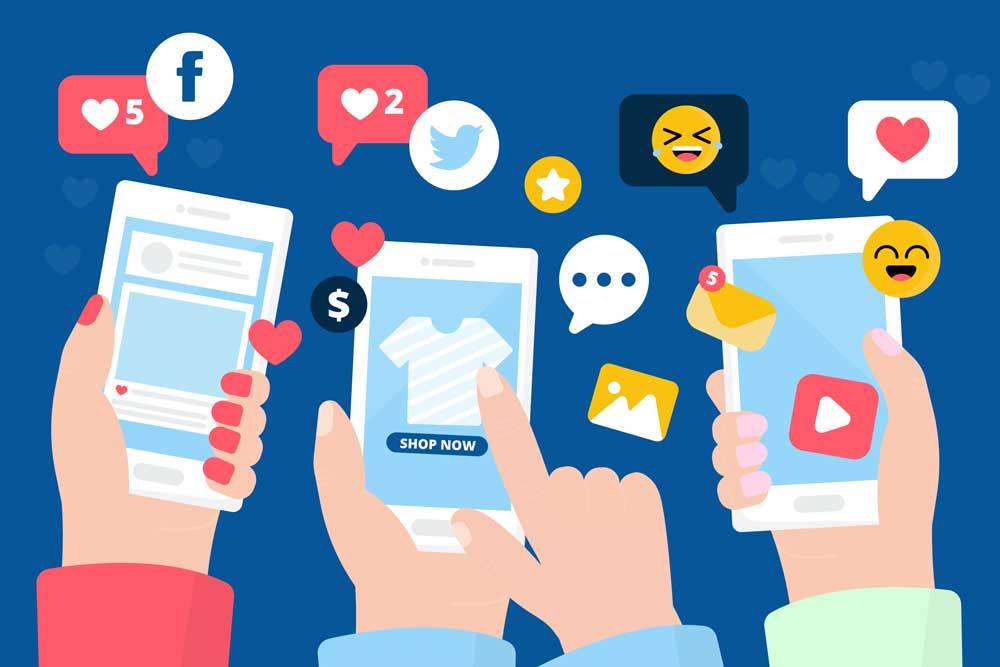This topic examines the effects of social media on various aspects of society, such as communication, politics, and mental health.
Social media has become an integral part of modern society, transforming the way we communicate, consume information, and interact with one another. While social media has many benefits, it also has the potential to impact society in negative ways.
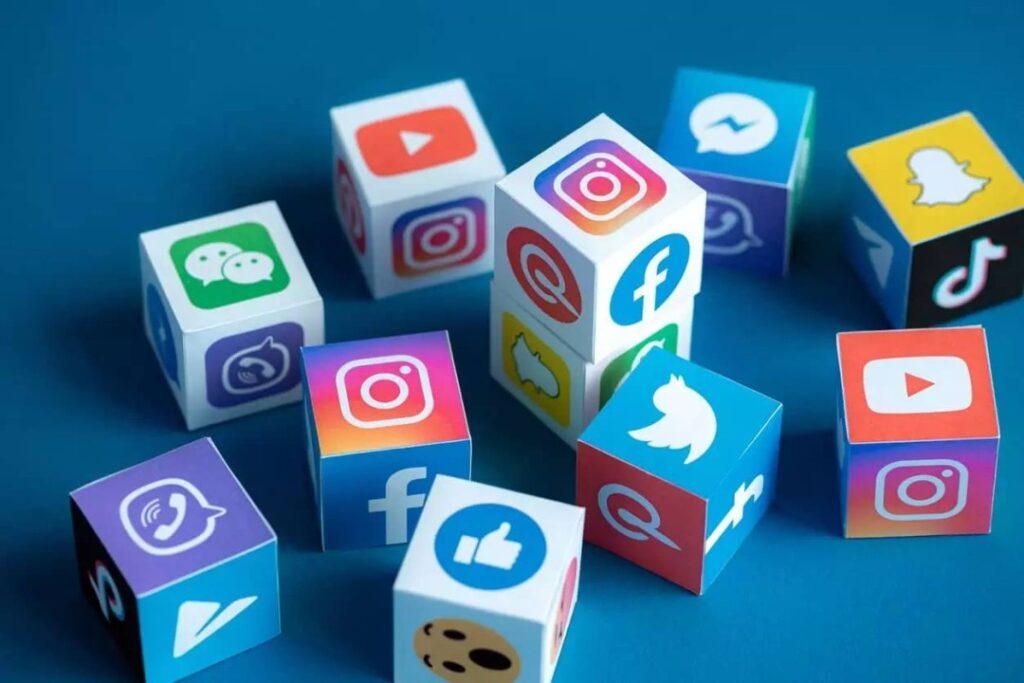
In this article, we will explore the impact of social media on society and examine its effects on communication, politics, and mental health.
One of the most significant impacts of social media on society is its effect on communication. Social media platforms such as Facebook, Twitter, and Instagram have revolutionized the way we communicate, allowing us to connect with people from all over the world instantly.
This has expanded our social networks and enabled us to form relationships with people we may not have otherwise met. Additionally, social media has created new opportunities for businesses and organizations to connect with customers and supporters.
However, media has also changed the nature of communication. Online communication can be less personal and can lack the nuances of face-to-face communication, leading to misunderstandings and conflicts.
Additionally, media can create echo chambers, where individuals are only exposed to opinions and viewpoints that align with their own, which can lead to polarization and the spread of misinformation.
Social media has also had a significant impact on politics. It has provided politicians with new opportunities to connect with voters and communicate their messages directly to the public. Social media has also enabled citizens to participate in political discourse and engage with political issues.
However, the media has also been implicated in the spread of misinformation and the manipulation of public opinion. This has raised concerns about the impact of media on democracy and the role of media platforms in regulating political content.
Another significant impact of media on society is its effect on mental health. Social media can create pressure to present an idealized version of oneself, leading to feelings of inadequacy and anxiety. Additionally, media can be addictive, leading to excessive use and a lack of productivity.
Social media can also expose individuals to cyberbullying and harassment, which can have negative effects on mental health.
However, media can also provide opportunities for support and connection. media can be a source of emotional support and can help individuals feel less isolated. Additionally, media can provide access to information and resources for mental health issues.
It’s crucial to recognize the media’s impact and address its negatives while leveraging its positives. Platforms must promote responsible use and combat misinformation and hate speech.
Additionally, individuals can take steps to promote healthy media use. Such as limiting their time on social media, practicing self-care, and seeking support when needed.
Conclusion
Social media has had a significant impact on society, transforming the way we communicate. Engage with politics, and think about mental health.
While media offers benefits like expanding networks and enabling political engagement. It can also create echo chambers, spread misinformation, and harm mental health.
It’s crucial to address negative effects and promote healthy media use to maximize benefits and minimize societal impact. 바카라사이트
